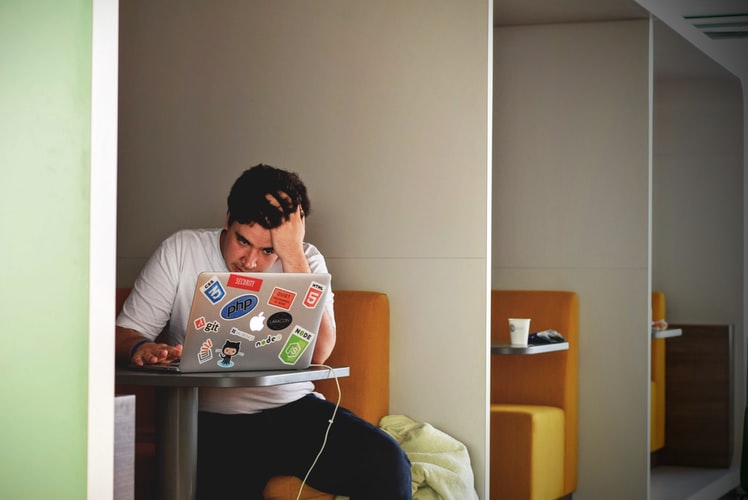Mental health worsens during COVID-19 due to increased screen time, social isolation for college students, young adults
The spread of the COVID-19 virus has created countless losses all over the world. At the height of the pandemic, the unemployment rate rose to a high of 14.8% in the United States, eight million Americans fell beneath the poverty line and as of March 20, the virus has claimed over 2.78 million lives worldwide. With such bleak outcomes, the negative impact of the pandemic has also taken a toll on mental health.
The World Health Organization (WHO) has noted an increase in feelings of anger, anxiety, bereavement and isolation among adults. Many people may also face an increased risk of abusing drugs and alcohol. The pandemic has only exacerbated previous and new mental health issues by deterring access to proper mental health services. This is especially concerning since WHO reported that individuals with “pre-existing mental, neurological or substance use disorders are…more vulnerable to [the] SARS-CoV-2 infection.”
As the pandemic continues into 2021, one-fifth of adults in the United States report high levels of psychological distress, according to a Pew Research survey. The survey revealed that 34% of adults surveyed said they had high levels of stress due to financial threats from COVID-19, and 28% were distressed due to worries over their personal health. Young adults ages 18 to 29 are especially at risk for higher levels of distress and despair.
The mental health outcomes for students are also especially concerning. One study conducted at Texas A&M University focused on the effects of COVID-19 on college students’ mental health by surveying 195 students. Of the respondents, 71% reported an increase in anxiety, 86% reported disruptions in their sleeping patterns and 86% experienced an increase in social isolation. A whopping 91% shared they had concerns over their health or the health of their family and loved ones.
The mental health of students at St. Edward’s University has also been a cause for concern. For assistant professor of psychology, Dr. Moira Martin, it’s been a concern worth studying. Martin, who teaches abnormal and personality psychology and adjustment and health psychology, is currently conducting research on how the mental health of SEU students has been impacted by the pandemic.
“I focused my research on the imposed isolation of lockdowns, the uncertain present and future, and online learning in general for our SEU student population…I want to understand more about the students’ feelings of belonging and connectedness to SEU during this online experience,” Martin said.
Her study is still ongoing, but early findings indicate there is a large student consensus in increased anxiety levels, shifts in priorities, sleep issues, health concerns, physical closeness and maintaining relationships. Students have also detailed experiences of struggling with the online format and burnout. However, others have experienced a new sense of “purpose and determination” amidst the struggle.
Managing stress during these times is the most important thing. Martin advises four ways to manage stress levels and cope with the pandemic.
- Connection: Martin suggests reaching out to someone as your lifeline and connecting with people that support you.
- Physical exercise: This helps shift the mental and physical health cycle.
- Nature: Since our homes have become our workspace, learning space and living space, Martin suggests finding a safe space outdoors or growing plants to experience nature indoors.
- Gratitude: Martin emphasizes that gratitude is the most important as it reduces both stress and cortisol levels. She suggests keeping a gratitude journal; meditation and limiting your intake of negative news and media are also great coping mechanisms as well.
For more advice, the Centers for Disease Control and Prevention also offers a list of healthy coping mechanisms for relieving stress.












